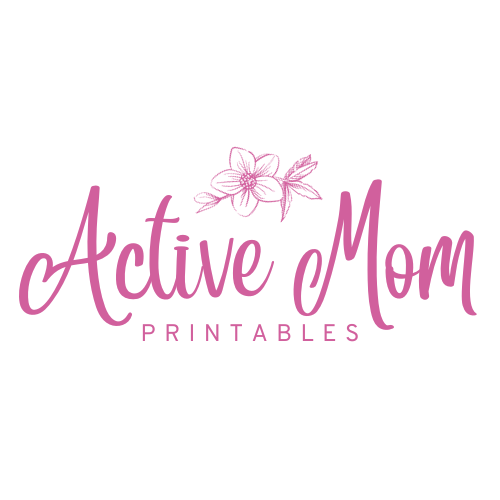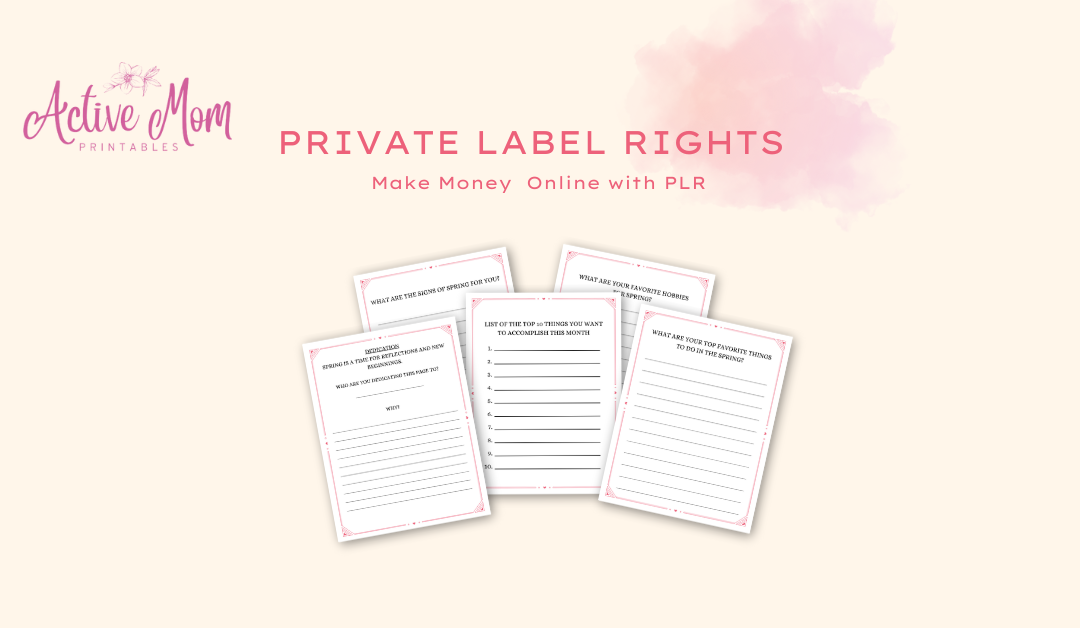Would you believe a person if they told you that it was possible to take another person’s work, change it anyway you please and call the edited material yours?
What if that person also told you that besides being able to do so, you could profit from that work and not be liable for any copyright infringement?
If you haven’t heard of private label rights, then most likely you’d think they were lying. But all the above are true if you can secure these rights.
What are private label rights?
To understand why private label rights are so special, you need to know about resale and master resale first.
Resale rights (RR) are simply permission from the owner of a work (a book, for example) to allow you to take the said material and distribute it for your own profit.
Master resale rights (MRR) take it a step further and allow you to sell the resale rights to the work. The reason why it is called master resale rights is because it covers a large set of permissible actions to the person who acquires those rights.
You get the most out of purchasing MRR, the following list of actions are a few examples that allow you to:
1. give the material away unaltered
2. combine the material with others
3. give the material away as a bonus item
4. use the material and content for websites
5. divide the product into separate articles, books, or pages
6. provide the material as content for paid membership sites
7. sell resale rights for the material
8. change or alter the material
Basically, it allows potential resellers to purchase a certain product not only to sell it, but also to do whatever it is needed to suit the needs of their target market. The main distinction of private label rights from resell rights is that the latter allows marketers to sell the product, provided that its contents remain intact. Private label rights permit the reseller to modify, change or rearrange the composition of the product to suit the marketer’s needs.

For starters, you can break up the book into separate chapters and then sell these as articles. On the other hand, if you could acquire private label rights for a set of articles, you could combine them and package them as an eBook, which you can then sell.
You can change the material’s content by adding or removing details. You can also add pictures or illustrations and other media like sound or video clips.
The best part about PLR is that you are not obligated to mention the original author (or pay them any royalties) for your changes to their material. You can claim the material as yours by putting your name on it.
Selling the right to change the material any way the buyer wants gives new life. By giving the buyer the freedom to change the content in any number of creative ways, the material’s usability and relevance are extended.
By compensating the original content creator and then by allowing freedom and flexibility for the purchaser; and by giving the end user a wealth of very useful information, PLR is by far one of the best …………….?
What are the products that can be subjected to private label rights?
Information products such as e-books, reports and articles are very much easy to modify compared to other materials.
What are the modifications that can be applied to these information products?
1. The books can be branded with an unlimited number of contents, affiliate programs, links, and back-end sales
2. The content can be divided and distributed as an e-course through an autoresponder.
3. The content can be placed online and create web sites from it that are chock full of content.
It is fairly easy to garner profit from articles and content. Here are five tips:
1.A report can be generated using a group of articles. The report should be offered to customers for free and it should be permitted to be freely distributed
2.An article series can be developed to form an email campaign for autoresponder. The series can be utilized to attract customers to opt-in email lists.
3.The articles can be used as content for the reseller’s own web site. A trick is to rewrite the separate articles to suit the keywords that can give enhancement to Google AdSense revenue.
4.A series of books can be created and repackaged to be sold along with resell rights.
What are the benefits that private label rights produce?
PLR allow resellers to create a variety of unique products from an original source. They can be repackaged to suit their market.
Creators of the products can also profit from the venture. They can offer their products at relatively high prices, knowing the amount of demand fetched by their materials.
Pros And Cons Of Private Label Rights
PLR allows you the benefits where you have your very own product and without the effort of making it by yourself.
”Private label materials” include information products, graphical files, software, and more. Ebooks, reports and articles are the easiest to work on.

PLR Disadvantages
The only downside of PLR articles is that these series of articles that you purchase are not unique, since these are often sold to several individuals, although the numbers of articles sold are limited.
However, because you are permitted to alter the articles’ content, you have the capability to make the articles unique, and even arrange it in a very different manner and tone that will result to be an original piece.
Simply put, if you have a smart thing with words and the talent for writing, the outcome of the article that you will sell is totally different from everyone else’s and instead of competing with some 400 other individuals who have the very same “private label rights” as yours, by simply changing the content, rearranging the chapters, adding new sections, deleting some irrelevant paragraphs, constructing a catchy title, changing the author’s name into yours, then you have an original article.
PLR advantages
1. Saves time. For a well researched, informative and good quality article to be written, containing several chapters and comprising of about fifty pages, it can very well take at least fifty hours of your time and effort. With PLR contents, you easily get instant content access.
2. No “outbound links”. With PLR articles, you are not obligated to incorporate “outbound links” at the ending of your articles. No distracting advertisements means your readers can concentrate well on your articles. Take note that you can add links to your website or your affiliates.
3. Cost efficient. Hiring someone to write articles for you can be expensive, costing around $17 a piece; so then if you need a 50 page article, then it will cost about $850. Whereas PLR articles are much cheaper generally available for $29 – $30 for 200 PLR articles.
4. PLR articles can be revised or altered. You can add some chapters and delete some too. You can rephrase words and add your preferred keywords, which is a great influence in achieving high search engine rankings.
5. You can brand your own name. Almost anybody purchasing something prefers to buy from someone they trust and know. With your PLR articles, you are able to display your name in the article as the author then you are supplying clients with important information. Then when prospects are pointed to your site, seeing your name once more, they instinctively have that certain
feeling of knowing and trusting you.
6. Complete in themselves. PLR articles are entirely complete. At just a glimpse, “private label articles” articles offer one with the whole “view” of the contents issues and elements involved.
7. Well written by experts. Generally, almost all “private label articles” are professionally written and compiled or collected with the most up-to-date research, investigation and information done by experienced writers. When you purchase and then use “private label articles” from a trustworthy seller, then you are guaranteed that you are purchasing quality. Just keep in mind that you look into the terms, making certain that you are allowed to alter the content, as this is the only way that PLR articles can be used with full advantage.
Private label rights articles and eBooks fill a webmasters requirement because they are written purposely to answer specific questions as well as problems within a position on a “well-searched” market. If properly and correctly marketed, they produce steady sales.


